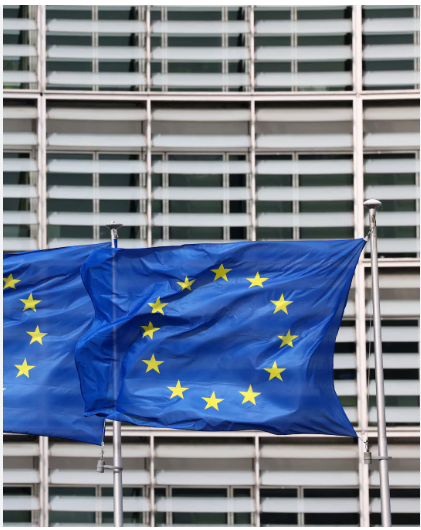By Helen Okechukwu, JKNM Reporter
IN A concerted effort to bolster Nigeria’s energy sector, the European Union (EU) has unveiled two groundbreaking projects with a combined value of €9 million. The announcement came during a project inspection held in Abuja, in collaboration with the Federal Government and the United Nations Industrial Development Organization (UNIDO).
Nigeria, with its burgeoning population exceeding 200 million, grapples with energy challenges, evident in its comparably low electricity consumption per capita compared to nations like South Africa.
According to the World Bank, Nigeria’s per capita electricity consumption stood at a mere 147 kilowatt-hours in 2022, a stark contrast to South Africa’s 3,566 kilowatt-hours.
Moreover, data from the Central Bank of Nigeria (CBN) highlights the nation’s struggle with insufficient power generation and distribution infrastructure, with an average per-hour consumption of 3,689,700 MWh recorded in September 2023.
Against this backdrop, the EU, in collaboration with local partners, has initiated these projects to address Nigeria’s energy deficit comprehensively.
The two projects, namely “Small Hydro Power Development for Agro-industry Use in Nigeria” and “Advancing Nigeria’s Green and Just Transition to Net Zero through Circular Economy Practices,” aim to bolster energy accessibility and advocate for circular economy practices to combat pollution and climate change.
The SHP-DAIN project, allocated a budget of €5 million over three years, endeavours to augment the capacity of small hydropower in Nigeria’s energy mix. This initiative targets enhancing productivity across agricultural value chains, fostering livelihoods, promoting food security, and generating decent work opportunities.
Ms. Samuela Isopl the EU Ambassador to Nigeria and ECOWAS, emphasized the significance of these projects during their official launch in Abuja. She elaborated on the SHP-DAIN’s objectives, which include capacity building for stakeholders, establishment of small hydropower plants, and development of renewable energy policies.
Concurrently, the “Advancing Nigeria’s Green Transition to Net Zero through Circular Economy Practices” project, allocated €4 million over three years, aims to revolutionize the management of used-off energy equipment and plastics. This initiative seeks to mitigate pollution and greenhouse gas emissions through circular economy principles.
Isopl stressed the importance of private sector involvement in ensuring the success and sustainability of these projects.
In his remarks, the Minister of Power, Adelabu Adebayo, expressed optimism regarding the transformative potential of these projects. He highlighted their anticipated impact on enhancing energy management, agricultural productivity and livelihoods across Nigeria.
To oversee the effective implementation of these initiatives, Project Steering Committees were promptly inaugurated, underscoring the commitment to realizing tangible outcomes in Nigeria’s energy landscape.





